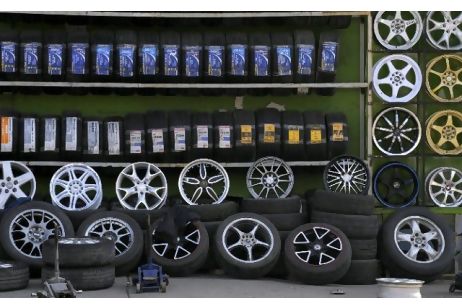By Inaam El-Adawi
Dealers in spare automobile parts have been assured that that their trade will not diminish as car companies launch their 2013 models, even if the market is stagnating.
Desouky Sayed Desouky, Spare Parts Division Director at Cairo Chamber of Commerce (CCC), said that new parts will only begin to impact the market in four years time, the estimated period that a new car should function properly without needing spare parts.
He conceded though that new models might affect the market negatively as a result of decreased usage of old models, which is evident from the stability of spare parts prices.
He added that spare parts supply is currently high in the domestic market, given the recent decline in automobile supply.
Sameh Samir, Autmobile Division member at the CCC, reiterated Desouky’s comments, stating that new launches will not affect spare parts market before three or four years have passed. He explained that in spite of global companies raising prices of spare parts after the increase in the cost of materials, prices have remained stable.
The market currently suffers stagnation in the range of 30 to 35 percent, according to Samir, unlike the car accessories market which comprises luxury consumer products. He elaborated that the market has been suffering this state for the previous four months but that it has been further aggravated by the recent inflation of market prices.
Samir called for co-ordination between spare parts factories, traders and vendors, as the absence of “price alignment ” negatively impact sellers as well as the customers. He also expressed frustration towards how cheap prices, even for low-quality products, still attract customers.
Salah Elhennawy, Automobile Spare Parts Division Director at the Alexandria Chamber of Commerce, said that 2013 launches would not impact currently stable spare parts’ prices. In spite of the troubled economic conditions the country is currently surviving, prices are still stable, even with instability and safety challenges. Security problems and a decrease in investor confidence have caused the economy to shrink over the past year and a half meaning that the EGP has fallen relative to the dollar leading to an increase in the cost of imports.



